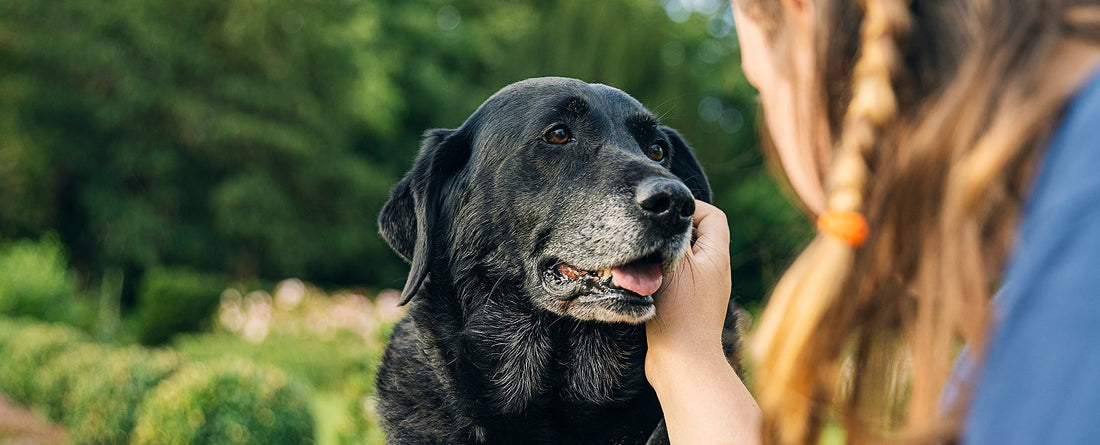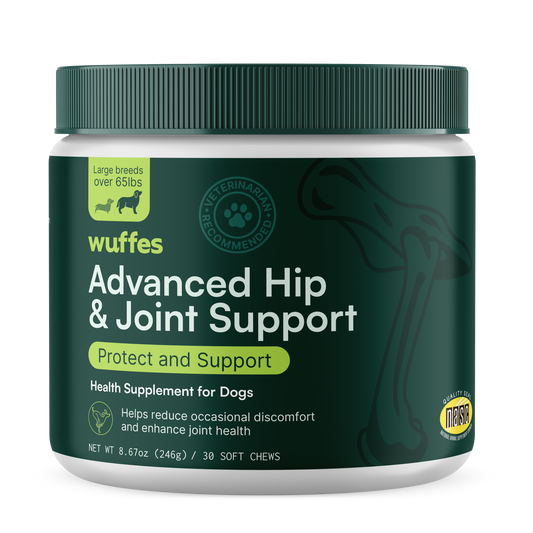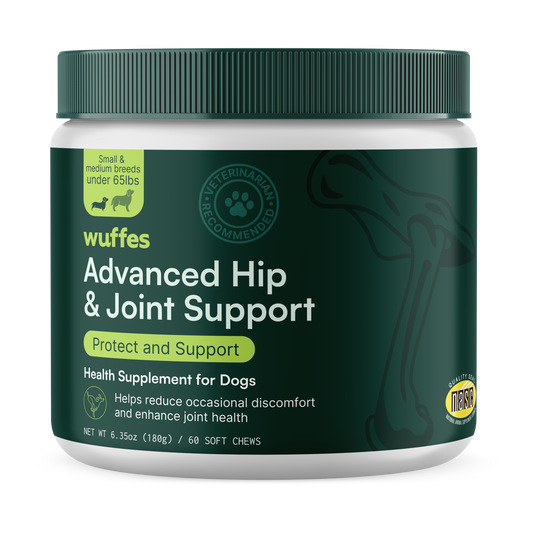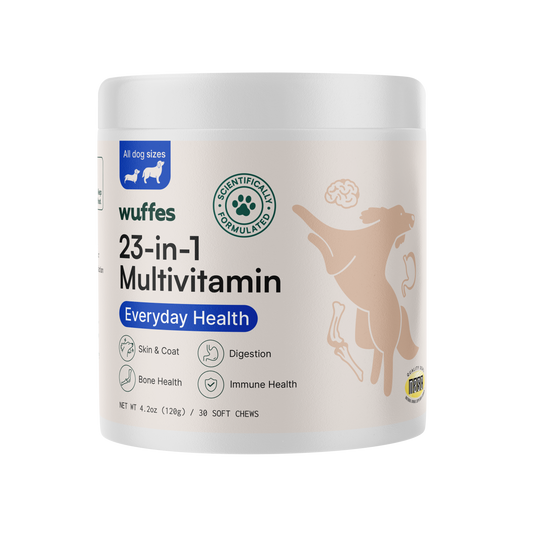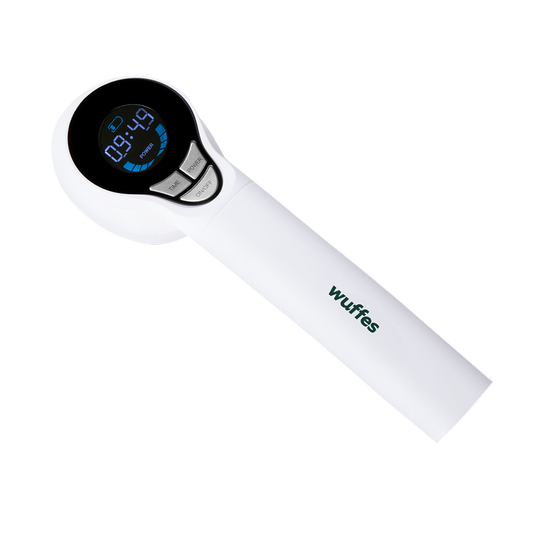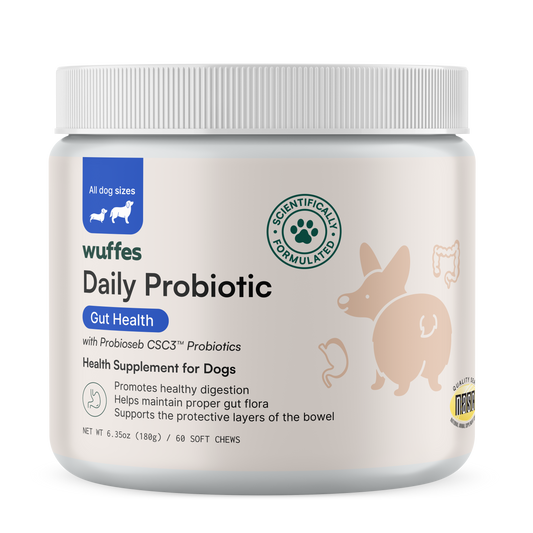No matter how well we care for our dogs, some health issues may arise as they age. While some concerns can be easily addressed, others require special attention, as they may pose significant risks to your dog’s health. Recognizing the top signs of aging in dogs is crucial for ensuring they receive the care they need.
What are the signs of ageing in dogs?
-
Joint and Mobility Issues
One of the first signs of aging in dogs is hip and joint problems. As dogs age, their joints may degenerate, and tendons can lose elasticity, leading to stiffness and discomfort during movement. You may notice your dog hesitating to jump or struggling to get up after lying down. -
Decreased Activity Levels
Joint discomfort often results in reduced activity. Aging dogs may prefer to skip the games they once loved and may exhibit decreased enthusiasm for walks. This decrease in activity can also affect their cardiovascular function, causing them to tire more easily. -
Changes in Vision
Many aging dogs develop cloudy eyes, which can be a normal part of aging. However, in some cases, this may indicate the onset of cataracts, which can affect their vision. -
Gastrointestinal Issues
Older dogs may experience more frequent gastrointestinal problems. They may struggle to digest solid foods they once enjoyed, leading to discomfort, diarrhea, flatulence, or vomiting. These digestive challenges can contribute to weight gain if their activity levels decline. -
Weight Management Challenges
Inactivity and digestive issues can lead to obesity, as older dogs may not burn calories as efficiently. This can make it even more challenging for them to absorb the necessary nutrients from their food, increasing their vulnerability to health complications.
How to support your aging dog
Making lifestyle adjustments can significantly benefit aging dogs:
-
Nutritional Changes
Switching to dog food that is lower in fat and calories can help reduce the risk of obesity. Consider moistening their food with a little water to make it easier to chew and digest. Avoid hard foods that may be difficult for them to handle. -
Joint Supplements
Introducing joint supplements targeted to senior dogs can be beneficial. Look for products that contain Glucosamine and Chondroitin, which help support joint lubrication and maintain tendon elasticity. Our liquid joint supplement and chewable supplement are designed to enhance joint health. -
Multivitamins and Omega-3 Fatty Acids
Providing a multivitamin that includes nutrients for overall health can be advantageous. Additionally, incorporating a high quality fish oil into your dog’s diet offers Omega-3 fatty acids, offers proper joint nutrition and keeps pups in peak condition. -
Regular, Gentle Exercise
Adjust your dog’s exercise routine to include less strenuous activities. Gentle walks and light playtime can keep them active without overexerting them. Consistency is key, so aim for short, frequent outings rather than intense sessions. -
Home Adjustments
Consider making your home more accessible for your aging dog. Building ramps or installing pet-friendly furniture can help them navigate their environment more easily. Monitoring their activity with pet cameras can also provide peace of mind.
The bottom line
As your dog ages, being aware of the signs of aging and taking proactive steps to support their health is essential. By implementing these tips, you can help your dog enjoy a more comfortable and fulfilling life. Regular consultations with your veterinarian will ensure your dog receives the care and attention they need as they enter their golden years.
